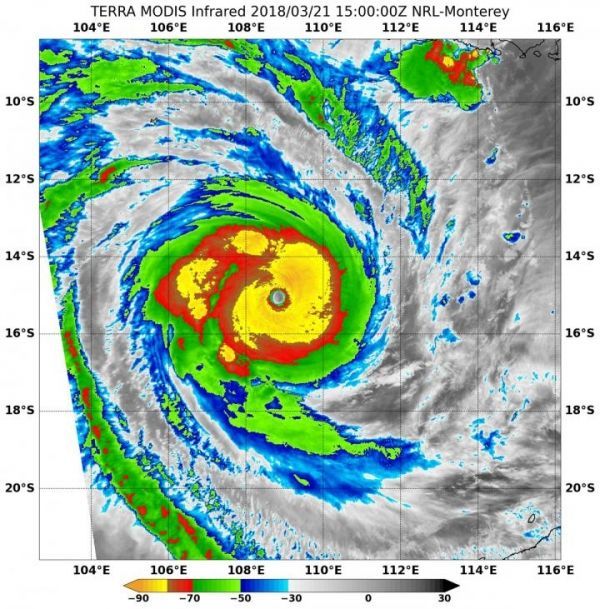Researchers have conducted the first field tests for a new laser-based system that can pinpoint the location of very small methane leaks over an area of several square miles. The new technology could one day be used to continuously monitor for costly and dangerous methane leaks at oil and gas production sites.
articles
Human disturbance reduces diversity among seagrass fish communities
In a study that spans Canada’s Pacific Coast, University of Victoria researchers have confirmed that human disturbance of seagrass meadows results in lower fish diversity.
Conservation Costs Can Be Higher Than Bargained For
Sweeping policies that reward people in environmentally sensitive areas for returning their farmlands to nature have been lauded as ecological triumphs. But a new Michigan State University study shows that over time some participants may become conservation martyrs.
Fireflies light the way
Queen’s University researcher Xiaolong Yang and his research team have developed a light emission-based biosensor that uses firefly luciferase (the enzyme that allows fireflies to light up) to monitor cancer cell activity and help find new ways to fight the spread of cancer.
The Environment Determines Caribbean Hummingbirds’ Vulnerability
Hummingbirds' specialization and vulnerability are often predicted based on their physical traits. Scientists now found that this is not the case for hummingbirds on the Caribbean islands. Instead, the bird's environment is the determining factor. The new study was led by scientists from Center for Macroecology, Evolution and Climate, University of Copenhagen, and published today in the scientific journal Proceedings of the Royal Society B.
NASA Infrared Imagery Shows a Powerful Tropical Cyclone Marcus
Tropical Cyclone Marcus continues to strengthen as it moves further away from Western Australia. NASA's Aqua satellite analyzed the system in infrared light to find the strongest part of the hurricane.










